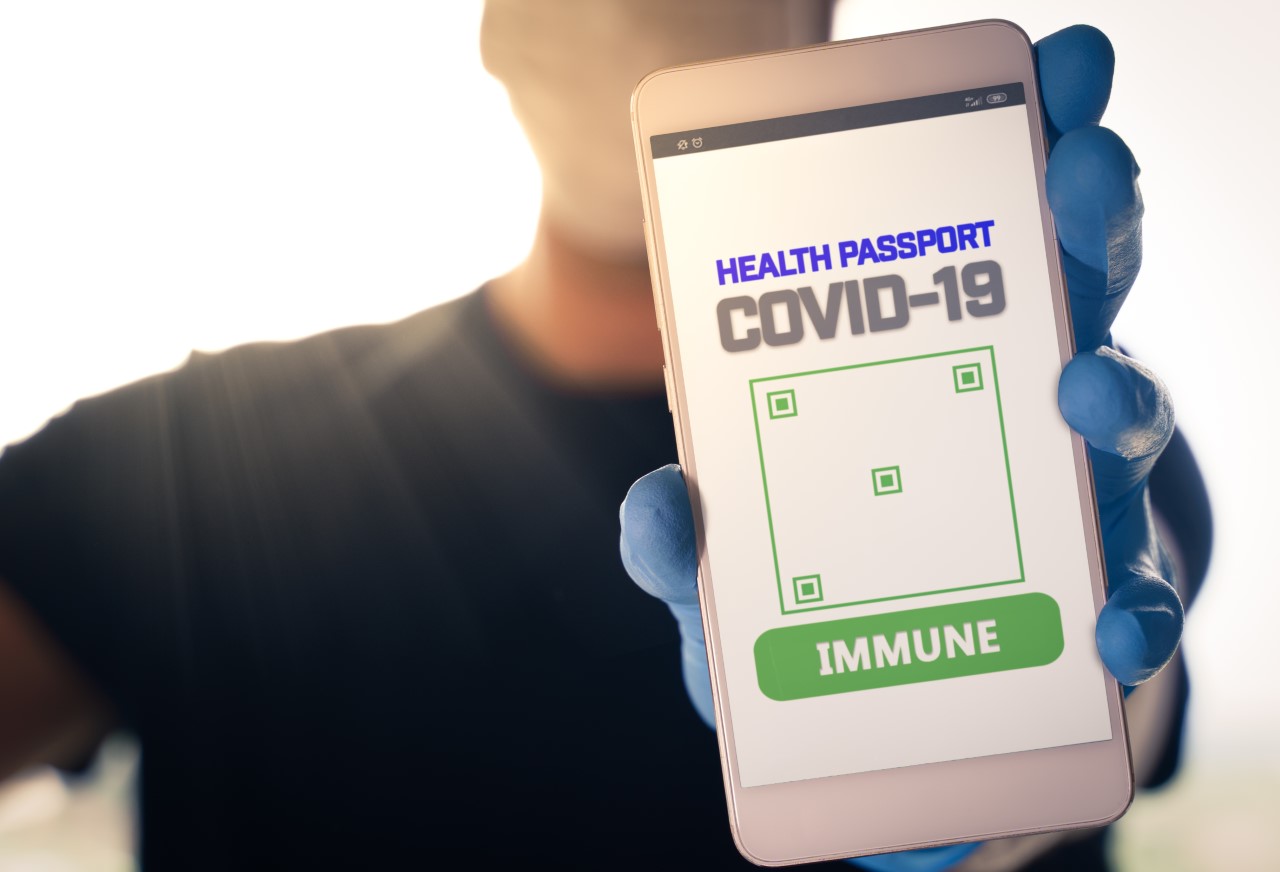PROJECT DESCRIPTION
COVID-19: Human Rights Implications of Digital Certificates for Health Status Verification
Dr Ana Beduschi (principal investigator)
Sponsor: UKRI ESRC (£98,714)
Project length: 15 June 2020 – 14 December 2021
About the Project
The UK government announced it would consider establishing “immunity passports” as part of a lockdown exit strategy during the ongoing outbreak of COVID-19. Digital certificates for verifying immunity, proof of vaccination and COVID-19 test results may contribute to the long-term COVID-19 management strategy, whereby based on their health status, certain individuals would be able to return to work and enjoy their general freedom of movement. Yet, such certificates pose important questions for the protection of data privacy and human rights, given that they would (1) use sensitive personal health information, (2) create a new distinction between individuals based on their health status, and (3) be used to determine the degree of freedoms and rights one may enjoy.
The technologies adopted during the current pandemic will have a lasting impact on our societies. They will shape how we respond to the trade-offs between data privacy, human rights, and public health interests. This project will evaluate whether and how digital certificates for health status affect our enjoyment of data privacy and the protection of our human rights, assessing whether there are effective ways to mitigate any potential risks for these rights, thus informing decision-making in this area of crucial national interest.
Select outputs
Ana Beduschi, Immunity Passports: A Risk Solution (2020) EU Institute for Security Studies, Directions Cyber Digital Europe.
Ana Beduschi, Digital Identity: Contemporary Challenges for Data Protection, Privacy and Non-Discrimination Rights (2019) Big Data & Society 1-6

